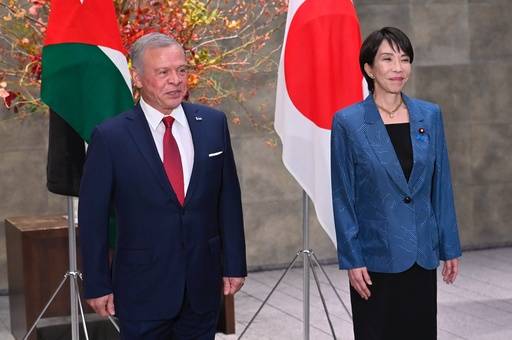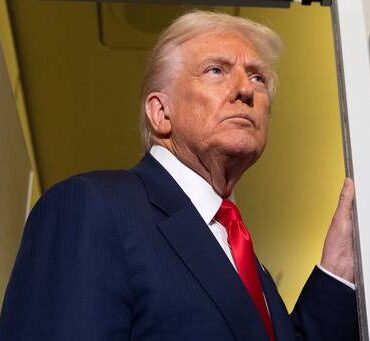PM mulls review of Japan’s non-nuclear weapons principles

Prime Minister Sanae Takaichi is considering reviewing Japan’s long-standing non-nuclear weapons principles, government sources said on Friday, in a move that would mark a major shift in the country’s security policy as it faces a tough security environment.
Japan, the only country to have suffered atomic bombings, has upheld three principles of not possessing, producing or permitting the introduction of nuclear arms. But the third principle is seen as weakening the effectiveness of the nuclear deterrence provided by its ally, the United States, according to the sources.
The review is being studied as the government led by Takaichi, who is eager to bolster Japan’s defense capabilities, plans to update the long-term National Security Strategy and Defense Buildup Program for the first time since 2022 amid increasing concern over the military activities of China, North Korea and Russia—all of which are nuclear-armed.
Despite upholding a pacifist Constitution, Japan has substantially loosened its postwar defense constraints over the past decade or so. It also relies on US nuclear deterrence for protection that some critics say is contradictory to the Three Non-Nuclear Principles.
Backlash
Seeking to alter its basic nuclear policy is certain to draw domestic and international backlash as it runs counter to the efforts to pursue a world without nuclear weapons, an ardent wish of aging atomic bomb survivors in Japan.
The Three Non-Nuclear Principles were first declared in the Diet by then Japanese Prime Minister Eisaku Sato in 1967 and became viewed as a national credo. Sato won the Nobel Peace Prize in 1974 for the declaration and his contributions to peace.
According to the sources, Takaichi has no intention of revising the two principles of not possessing and producing nuclear weapons, given that Japan is a party to the Nuclear Non-Proliferation Treaty, which it calls the cornerstone of the international nuclear disarmament regime.
But Takaichi is concerned that observing the other principle of not allowing nuclear weapons to be brought into Japan could hinder the entry of port calls by the US nuclear-armed vessels, therefore weakening the perceived nuclear deterrence in case of a contingency, the sources said.
Security update
Some in the government and her ruling Liberal Democratic Party (LDP) argue that the new National Security Strategy should refrain from stipulating Japan’s commitment to the three principles or use a different wording for the introduction principle.
The LDP is soon expected to start talks toward updating the security strategy and related documents, aiming to come up with a proposal around next spring. The discussions will lay the groundwork for the government to revise the security documents by the end of next year.
The 2022 strategy said Japan “will adhere to the basic policy of maintaining an exclusively national defense-oriented policy, not becoming a military power that poses a threat to other countries and observing the Three Non-Nuclear Principles.”
Takaichi, who became prime minister on Oct. 21, has declined to comment in parliament on whether the commitment to the three principles will remain in the new security policy documents, saying it is not the right time to comment on the matter.

















